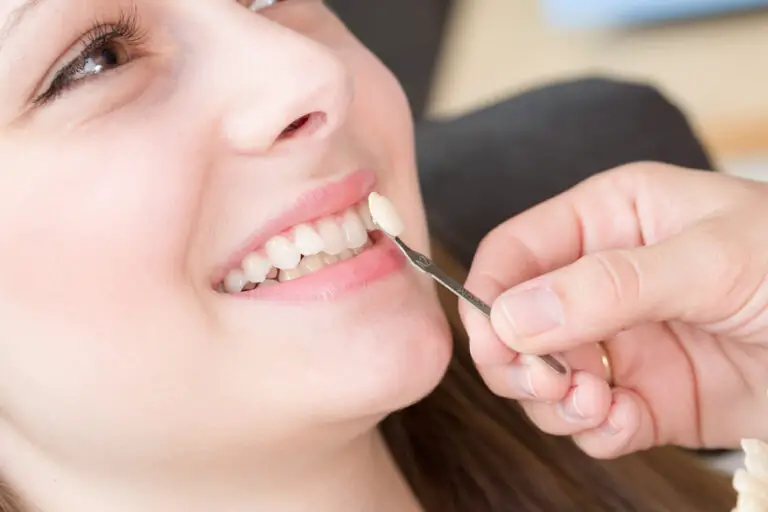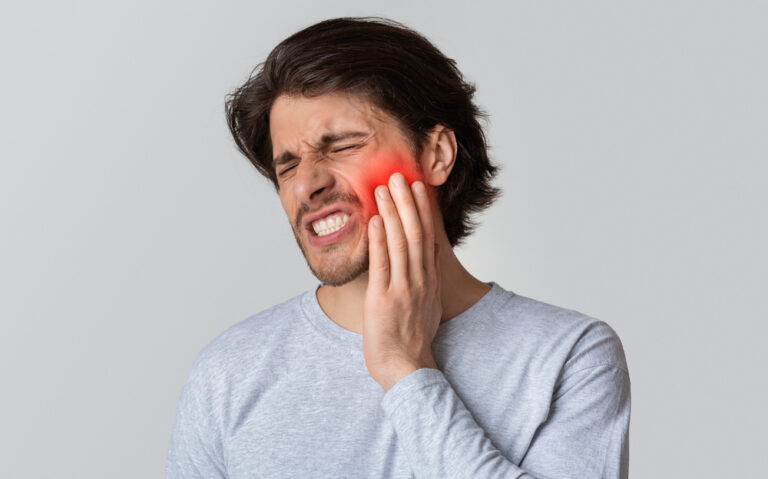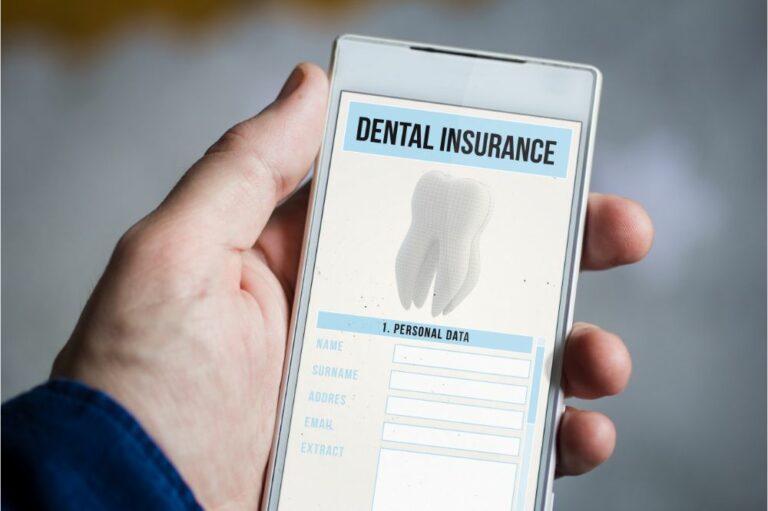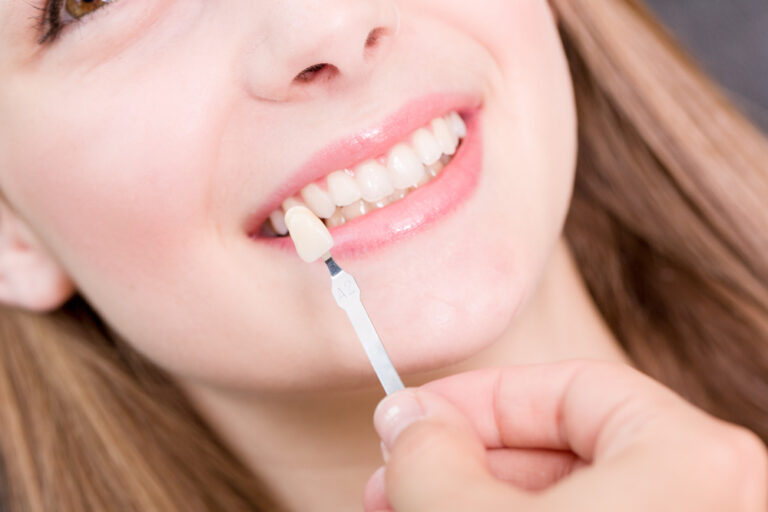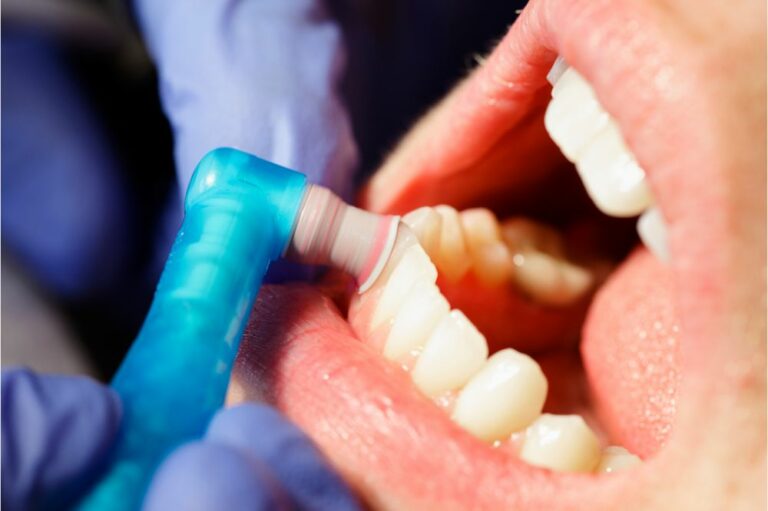Have you ever woken up with a painful, uncomfortable stiffness in your jaw? The kind that feels like your jaw is so strained that you can’t open your mouth properly, and if you do, the mouth opening is way smaller than it usually is?
There are plenty of reasons why someone might suffer from soreness in their jaw. The many causes of jaw strain include having slept in a messed-up position overnight, or perhaps a bad habit of teeth grinding when you’re in a stressful situation.
But there’s one question you’re not asking yourself—did you have a dental procedure done in the last few days?
Dental work might be the reason why you’re feeling the symptoms of painful lockjaw. But why does it happen? And how long does jaw pain last after dental work? Today, we’ll answer all that and more.
Why Does My Jaw Hurt After Visiting the Dentist?
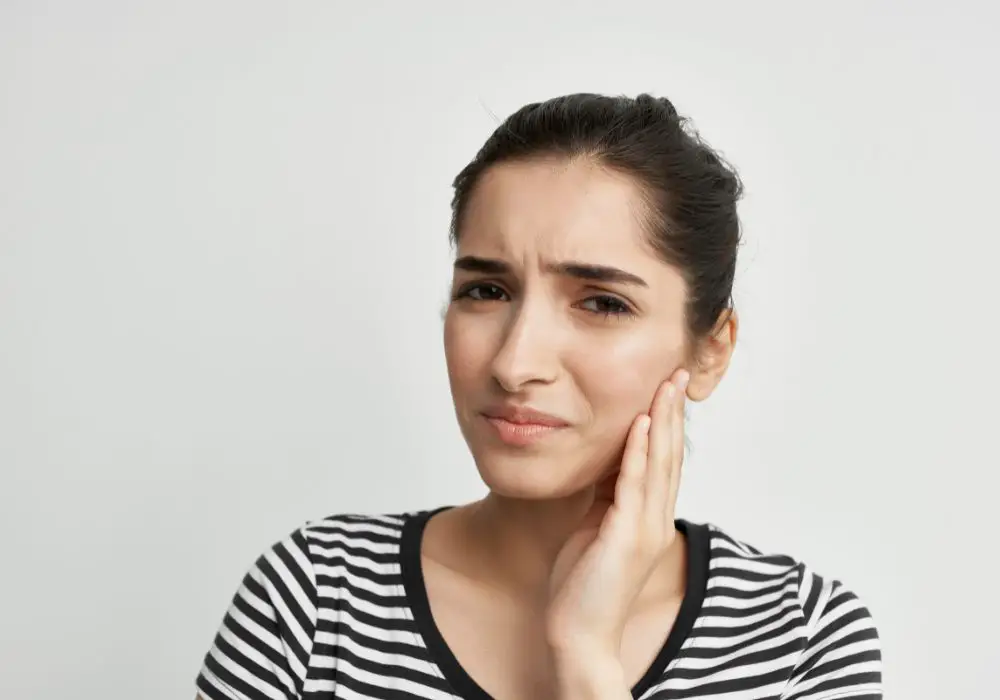
When you sit in the dentist’s chair with your mouth open for far too long, your jaw muscles will start to feel strained and overworked. This is especially common for oral surgery, a root canal, dental implants, or tooth extraction, which last longer than routine procedures like cleanings and fillings.
You won’t feel your jaw muscles being stretched out right away. It could take days after your appointment before you start feeling how fatigued your jaw is. The earliest sign of jaw strain from dental work is trismus, aka the feeling that your mouth can’t open as wide.
Discomfort and swelling in the jaw area after getting dental work done are likely due to temporary damage in your temporomandibular joint, also known as TMJ. This joint connects your skull to your jawbone. If it gets strained, it can be difficult to control your jaw’s muscles and how it moves.
A strain in your TMJ is more likely if a dentist treated a tooth in the back of your mouth. That’s because working further into your mouth requires you to open it wider for an extended period of time.
You wouldn’t strain your jaw the same way if your dentist was working on your front teeth, since it’s an area of your mouth that is easier to access.
Another reason why you could have jaw pain after a trip to the dentist is because of a dental injection. Some people find that the trauma of a local anesthetic via needle will be bothersome in the jaw area for a few days after their procedure.
How Long Does the Jaw Discomfort Last?
Once you start feeling the swelling and strain in your jaw, it may take a few days to around a week for it to feel normal again. The exact number of days before the discomfort goes away depends on several factors, such as your history with a previous TMJ disorder and your pain tolerance.
It also depends on the actual cause of the TMJ pain after you got dental work done. If it was caused by the dental injection, the pain and discomfort will likely go away in just two or three days. If you’re lucky, your jaw might even start feeling comfortable again just hours after your procedure.
But if the jaw pain is a result of keeping your mouth open for a long time, the stiffness may last longer. Give it around two days to a full week before you can expect to start feeling better.
If it doesn’t go away after a week, give your dentist a call so they can assess the situation and suggest ways for you to manage the pain until it’s gone.
How to Manage Jaw Pain Until It Goes Away
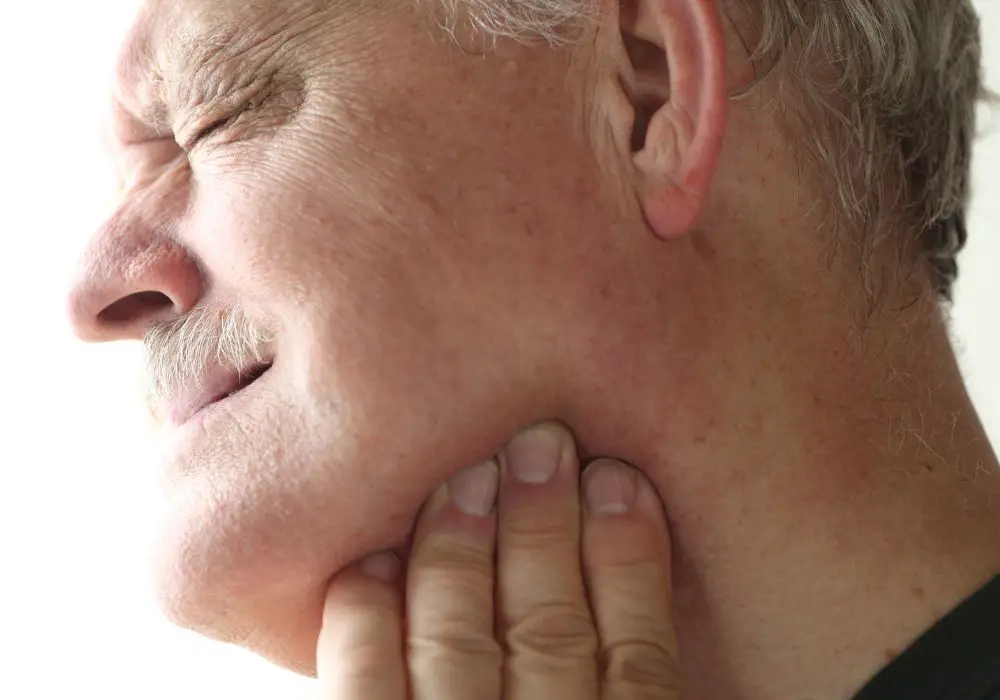
Patience is a virtue when waiting for the strain in your jaw to fade. But that doesn’t mean you should just sit and tolerate the pain. Here are some ways to manage the discomfort and relax your jaw muscles while you’re in the thick of it:
1. Rest your jaw and avoid straining it
Avoid straining your jaw even further by allowing it to get as much rest as possible. Don’t do things that will make your jaw exert too much effort, such as chewing gum, biting hard foods, and talking and laughing too much. These will aggravate your TMJ pain even more.
2. Do some jaw exercises throughout the day
Give your jaw a bit of physical therapy at home by doing simple exercises to stretch it out slowly but surely. Not only can it provide instant relief when your jaw feels extra tense, but it can also speed up the healing process.
Chin tucks and slowly opening and closing your mouth are easy and effective exercises you should do a couple of times a day to stretch your jaw muscles.
Need to stretch out your TMJ to help relieve it of tension after getting dental work done? Follow along with these exercises—they’ll be sure to give you some relief:
3. Massage your jaw joints with your fingers
When you wake up in the morning, fight the urge to open your mouth wide to yawn. It’s still sensitive. Before you do any activity that requires you to open your mouth, give it a five-minute massage with your fingers.
All you have to do is put your fingers near your jaw joints and then massage the area with circular motions. Apply gentle pressure only, nothing too hard or aggressive that can cause your jaw to swell even more.
4. Try hot or cold therapy
If your jaw is swelling and feels extra inflamed, experiment with hot and cold compresses to see which one works for you. Hot compress is amazing for relieving your muscles of stress and tension. Meanwhile, ice packs are super soothing for overfatigued muscles.
5. Manage it with over-the-counter pain medication
When all else fails and you still feel uncomfortable with the pain and stiffness in your jaw, take some pain medication. Look for anti-inflammatory meds like Ibuprofen and NSAIDs. You can also ask your dentist to prescribe you a muscle relaxer.
How to Prevent TMJ Pain After a Dentist Appointment
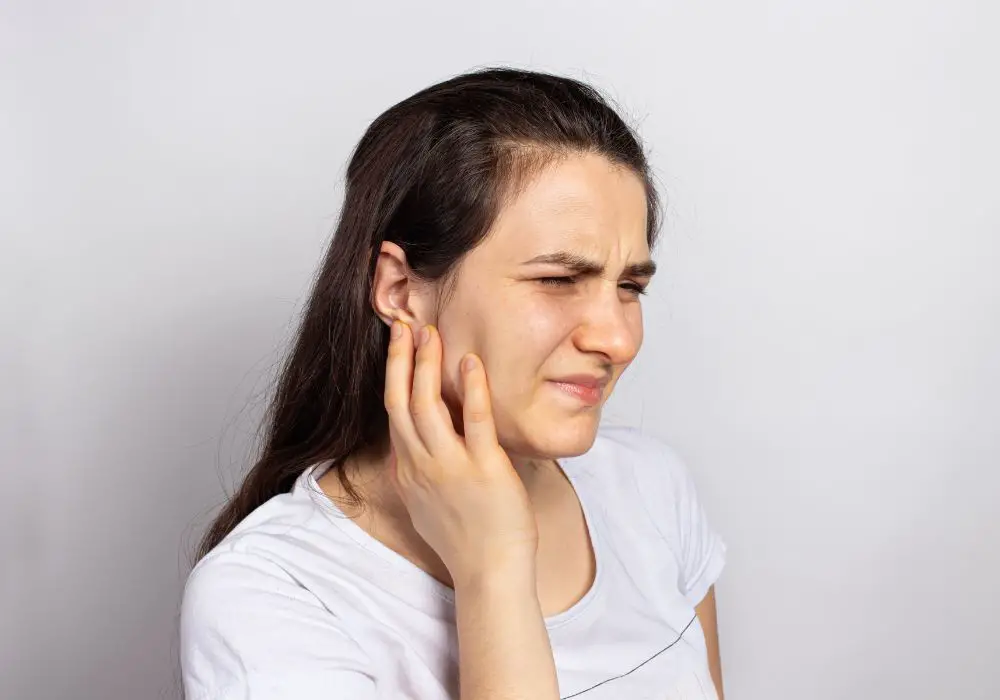
Next time you get a dental procedure done at the dentist’s office, communicate with them about your bad experience with jaw pain. Let them know which procedures resulted in that jaw stiffness.
For your succeeding appointments, your dentist will likely use a soft, cushiony bite block to prop your mouth open during your procedures. That way, there’s not a lot of strain from your jaw area to keep your mouth open. You can simply relax, and the bite block will keep your mouth open.
You can also prevent stiffness and pain later on by doing jaw exercises and massages as a preventive measure. That way, your jaws are stretched well and don’t hold in the tension from the dental procedures. Hopefully, the pain and stiffness will never come.
When Does Jaw Pain Become Worrisome?
Most of the time, jaw pain is only caused by injection trauma or straining your muscles in that area while getting dental work done. But sometimes, it could be a sign that there is something very wrong going on in your teeth or gums.
If the jaw pain doesn’t go away in a week and is starting to radiate to other parts of your body (like your neck and ear), you may have a dental abscess. This means there is a pocket of infectious pus in your gums or the bone holding your teeth together.
Other signs of a dental abscess include fever, headaches, earache, increased sensitivity to hot and cold food, and an unpleasant odor in your mouth.
If you suspect that you have a dental abscess, book an appointment with your dentist immediately. They’ll diagnose you properly and give you the right medication to treat the infection.
Jaw pain is also worrisome if you are in extreme, unbearable pain—the kind you lose sleep over because it hurts too much. This may be a sign that you have dislocated your jaw while getting dental work done. In this case, go to your dentist right away so they can check it out.
Conclusion
TMJ pain and inflammation are side effects of dental procedures that force you to strain your jaw and keep your mouth open for long periods. But don’t worry—this is completely normal. In a few days, your jaw and orofacial pain will subside fully, and you’ll be back in tip-top shape.
While you’re waiting for the muscle strain to run its course, do things to remedy the pain. Exercise your jaw, give it massages in the morning, and treat it with a hot or cold compress. And if you really can’t handle the discomfort anymore, you can always grab some over-the-counter pain meds.
Next time you go to the dentist, make sure to tell them about your jaw pain. Communicate it properly so your dentist knows to be extra careful and give you a bite block if they need you to open your mouth for a while. Hopefully, you don’t experience jaw pain again.

